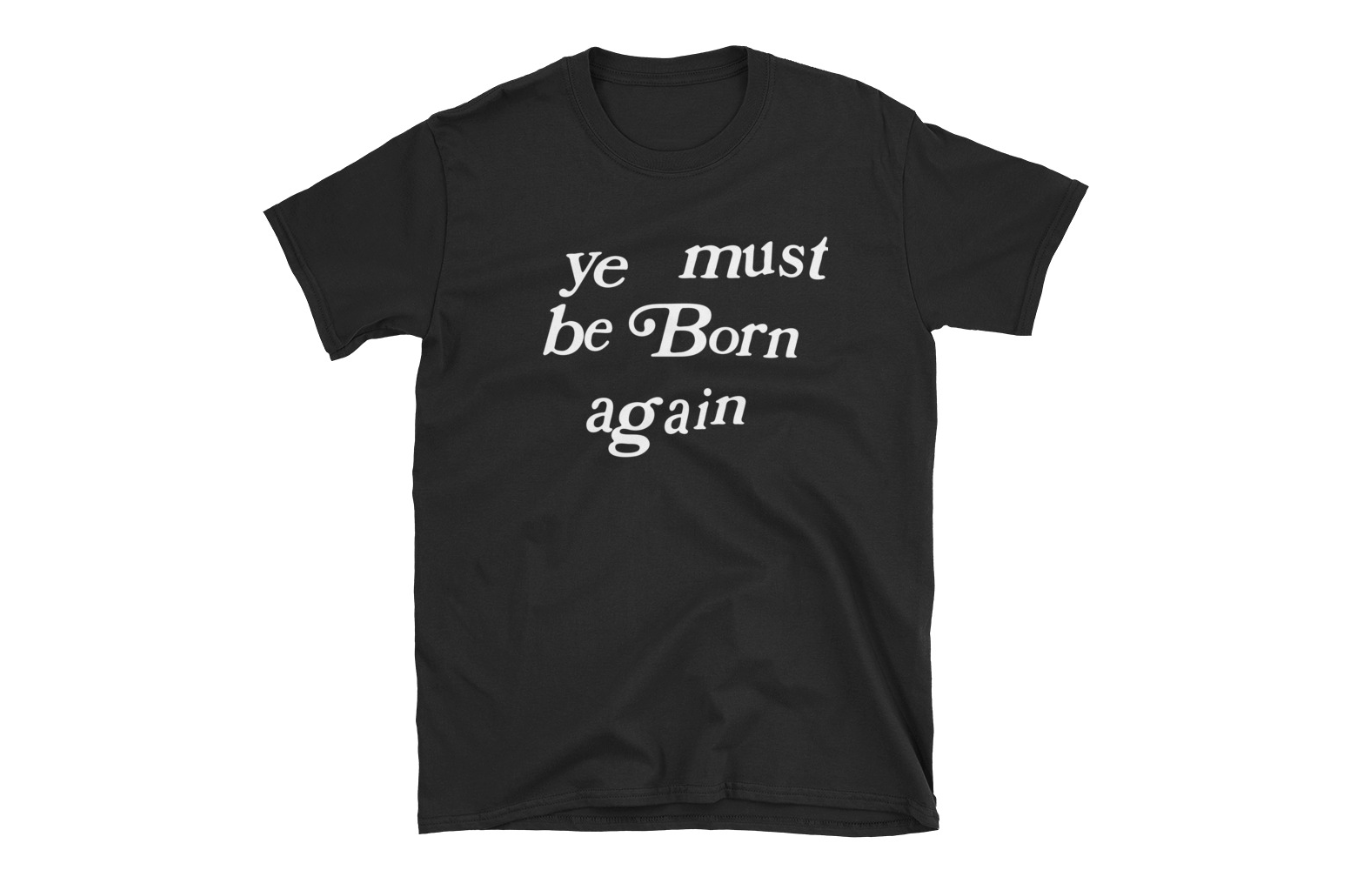Kanye West Young, a name synonymous with innovation and creativity in the realms of music and fashion, has continually redefined what it means to be an artist in the modern era. From his early days as a young producer to becoming a global icon, West’s journey is marked by his relentless pursuit of excellence and his willingness to push boundaries. This article delves into the formative years of Kanye West, exploring how his experiences as a young artist shaped his career and influenced the industries he would later dominate.
Kanye West Young
Kanye Omari West was born on June 8, 1977, in Atlanta, Georgia, but he was raised in Chicago, Illinois. His parents, Ray West, a former Black Panther and photojournalist, and Dr. Donda West, an English professor, played pivotal roles in nurturing his artistic talents. His mother, in particular, was a significant influence, providing a stable and supportive environment that encouraged his creative pursuits.
From a young age, West exhibited a keen interest in the arts. He began writing poetry at the age of five and developed a passion for music during his teenage years. Influenced by a diverse array of artists, including Michael Jackson, A Tribe Called Quest, and Wu-Tang Clan, West’s eclectic taste in music would later be reflected in his own genre-blending style.
The Path to Music Production
West’s journey into the music industry began in earnest when he started producing beats in the mid-1990s. He initially gained recognition for his work with local artists in Chicago, but his big break came when he moved to New York City in 2001. There, he began working with established artists, including Jay-Z, Ludacris, and Alicia Keys. His distinctive production style, characterized by the use of sped-up vocal samples from soul records, quickly set him apart from his peers.
In 2001, West produced several tracks on Jay-Z’s critically acclaimed album “The Blueprint.” This work solidified his reputation as a talented producer and opened doors for him in the industry. Despite his success behind the scenes, West harbored ambitions of becoming a solo artist. However, convincing record labels to take him seriously as a rapper proved to be a challenge.
The Breakthrough: “The College Dropout”
West’s determination to prove himself as a rapper culminated in the release of his debut album, “The College Dropout,” in 2004. The album was a critical and commercial success, receiving widespread acclaim for its innovative production and introspective lyrics. Tracks like “Jesus Walks,” “Through the Wire,” and “All Falls Down” showcased West’s ability to blend personal storytelling with social commentary, setting a new standard for hip-hop music.
The College Dropout” was not just an album; it was a statement. West challenged the norms of mainstream hip-hop, addressing issues such as education, self-consciousness, and religion. His willingness to tackle these subjects, coupled with his unique production style, earned him numerous awards and established him as a formidable force in the music industry.
Evolution and Experimentation
Following the success of “The College Dropout,” West continued to push the boundaries of hip-hop with his subsequent albums. “Late Registration” (2005) and “Graduation” (2007) further cemented his status as an innovator. West collaborated with composer Jon Brion on “Late Registration,” incorporating orchestral elements that added a new dimension to his sound. “Graduation” saw him experiment with electronic music, drawing inspiration from European house and techno.
West’s willingness to evolve and experiment was also evident in his visual presentation. His music videos, such as “Stronger” and “Good Life,” were visually stunning, often featuring cutting-edge technology and avant-garde aesthetics. These videos not only complemented his music but also established him as a trendsetter in the visual arts.
The Rise of Yeezy: Fashion and Business Ventures
As West’s music career flourished, he began to explore other creative avenues, most notably fashion. His interest in fashion was evident early on, but it wasn’t until the late 2000s that he started making significant strides in the industry. In 2009, he collaborated with Nike to release the Air Yeezy, a limited-edition sneaker that became highly sought after.
West’s ambitions in fashion extended beyond collaborations. In 2015, he launched his own clothing line, Yeezy, in partnership with Adidas. The Yeezy brand quickly became synonymous with high-end streetwear, known for its minimalist designs and premium materials. West’s influence in fashion extended beyond his own brand; his collaborations with major designers and his appearances at fashion weeks worldwide solidified his status as a fashion icon.
Personal Struggles and Resilience
Despite his professional success, West’s journey has been marked by personal struggles. He has been open about his battles with mental health issues, including bipolar disorder. These struggles have, at times, impacted his public persona and professional relationships. However, West’s resilience and transparency about his mental health have also contributed to a broader conversation about mental health in the entertainment industry.
One of the most challenging periods in West’s life came in 2007 with the sudden death of his mother, Donda West. Her passing had a profound impact on him, influencing his music and personal life. The album “808s & Heartbreak” (2008) was a departure from his previous work, featuring emotionally raw lyrics and a stark, minimalist production style. This album, though initially polarizing, has since been recognized as a pivotal moment in West’s career, influencing a new generation of artists.
Cultural Impact and Legacy
Kanye West’s influence extends beyond music and fashion; he has had a significant impact on popular culture as a whole. His willingness to challenge societal norms and his unapologetic self-expression have made him a polarizing figure, but also one that commands attention and respect. West’s ability to navigate different creative fields has set a precedent for future artists, demonstrating that it is possible to excel in multiple disciplines.
West’s legacy is also reflected in his philanthropic efforts. In 2011, he established the Kanye West Foundation, later renamed the Donda West Foundation, to support education and creative arts programs for underserved youth. Through this foundation and other charitable initiatives, West has sought to give back to the community and inspire the next generation of artists and innovators.
Innovating the Music Industry
West’s contributions to the music industry are manifold. He has continually pushed the envelope in terms of production techniques, lyrical content, and visual presentation. Albums like “My Beautiful Dark Twisted Fantasy” (2010) and “Yeezus” (2013) are often cited as examples of his artistic vision and willingness to experiment. These albums defy conventional genre boundaries, blending elements of hip-hop, rock, electronic, and classical music.
West’s influence is also evident in the careers of artists he has mentored and collaborated with. As a producer and collaborator, he has played a crucial role in shaping the sound of contemporary hip-hop. Artists such as Kid Cudi, Travis Scott, and Pusha T have all benefited from West’s mentorship, and his impact on their music is unmistakable.
Future Endeavors and Ongoing Influence
As of 2024, Kanye West continues to be a dynamic and influential figure in the entertainment industry. His recent projects, both in music and fashion, reflect his ongoing commitment to innovation and creativity. West’s ventures, such as his foray into architecture with the Yeezy Home project and his work on sustainable fashion, indicate that he is far from resting on his laurels.
Looking ahead, West’s influence is likely to continue growing. His ability to adapt to new trends and his relentless pursuit of artistic excellence ensure that he will remain a relevant and inspiring figure for years to come. Whether through new musical endeavors, fashion lines, or other creative projects, Kanye West’s impact on the cultural landscape is undeniable.




Leave a Comment
Your email address will not be published. Required fields are marked *